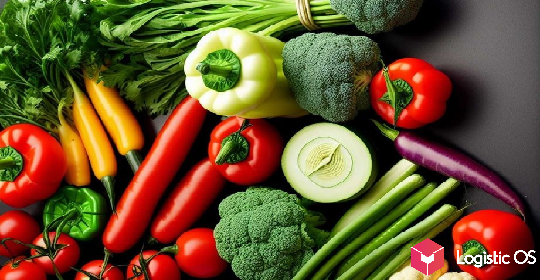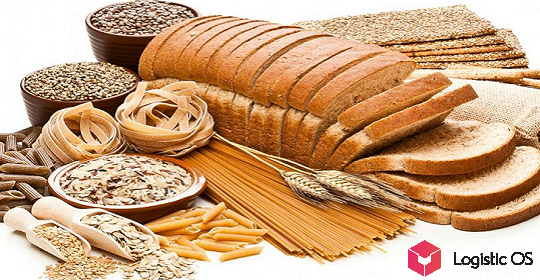The task of the agro-industrial complex is to ensure the possibility of systematic development for years to come
The grain harvest this year in the Russian Federation has exceeded the wildest expectations: instead of the estimated 130-140 million tons, about 150 million tons can be harvested in the end, of which about 100 million tons of wheat.
Russian President Vladimir Putin spoke about this at a meeting on the course of seasonal field work.
In addition, the results for other crops are also quite good, said Dmitry Patrushev, Minister of Agriculture of the Russian Federation.
For example, 12 million tons of sugar beet out of the estimated 43 million, soybeans — 0.85 million out of 5.4 million, sunflower — 2.2 million out of 15 million, potatoes — 3.5 million out of 4 million tons.
In general, 138 million tons of grain have been harvested so far, which is already a third more than last year. About 90% of the crop has been harvested — both cereals and legumes.
Production needs to be further increased
For domestic consumption, Russia does not need so much — about 70-80 million tons of grain, so everything is definitely in order with its own food security in the country.
The rest can be exported, but there are problems with this, since a number of countries have imposed restrictions on the supply of grain and fertilizers from the Russian Federation.
As Vladimir Putin noted, if this problem is not solved in the near future, a global food crisis may occur in the world. Even now, food is becoming more expensive: for example, grain prices are 40% higher than a couple of years ago.
Where to deliver the harvest?
On the one hand, this year the number of countries importing Russian grain has decreased from 70 to 45.
On the other hand, this should not prevent an increase in exports.
For example, it is planned that in October this year, grain exports will amount to 4.5 million tons instead of 3.3 million tons a year earlier.
At the same time, “export substitution” has so far been successfully carried out: instead of Western countries, the focus is shifting towards Africa and the Middle East.
However, in previous years, these same countries were considered as the main buyers of Russian agricultural products, so there were no particular shocks in this regard.
“In the agro-industrial complex, the task is not only to survive a few months of a difficult situation, but also to ensure the possibility of systematic development for years to come in order to understand where the country is moving next,” said Dmitry Solonnikov, director of the Institute of Contemporary State Development.
He noted that if Russia includes new black earth regions, where agriculture has always been developed, then this will further expand its potential as an agricultural producer.

